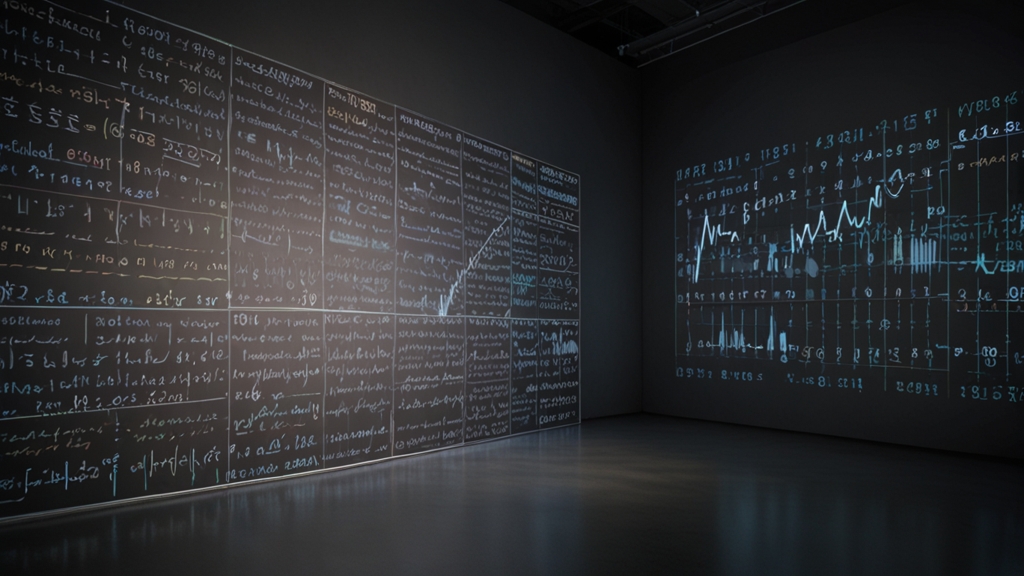The Ancient Civilizations That Predicted Their Own Doom
Across the annals of history, several ancient civilizations have exhibited an extraordinary foresight in recognizing and predicting their own decline. These civilizations documented their realizations through various means, leaving behind eerie and intriguing testimonies of their self-awareness. This article delves into some of the most compelling examples, exploring the prophecies and warnings inscribed by civilizations that foresaw their own doom.
The Mayan Civilization
The Mayan civilization, known for its advanced knowledge in astronomy, mathematics, and calendar systems, left behind numerous inscriptions and codices that hint at an awareness of decline. The "Popol Vuh," often referred to as the Mayan Bible, contains passages that some scholars interpret as reflections on the fragility of their society.
"Truly, this earth was not given unto us for a place of everlasting continuance..."
- Excerpt from the Popol Vuh
While the Mayans did not predict a precise end date for their civilization, the cyclical nature of their long-count calendar, culminating in significant dates like December 21, 2012, suggests a deep concern with epochs and renewal. However, the eventual decline of the Mayan civilization, attributed to factors such as drought, warfare, and resource depletion, eerily echoes the existential themes found within their own writings.
The Roman Empire
The decline of the Roman Empire is one of the most extensively studied historical collapses. Roman scholars and philosophers in their time did not shy away from discussing the empire's potential downfall. Edward Gibbon's seminal work, "The History of the Decline and Fall of the Roman Empire," details numerous accounts of Roman self-awareness regarding their vulnerabilities.
"The decline of Rome was the natural and inevitable effect of immoderate greatness."
- Edward Gibbon, quoting contemporary Roman sentiment
Roman thinkers like Tacitus and Seneca observed and critiqued the moral and political decay within their society. Tacitus, in particular, lamented the corruption, tyranny, and loss of civic virtue, suggesting an awareness that these issues could precipitate Rome's fall. Though the actual collapse was a complex process involving economic troubles, military defeats, and external pressures, the Romans' contemplations on their weaknesses were remarkably prescient.
The Greek Oracle of Delphi
The ancient Greeks were known for their reverence of prophecies and oracles, with the Oracle of Delphi being among the most famous. The priestess of Apollo, known as the Pythia, was believed to deliver prophecies that often contained veiled warnings about the fate of Greek city-states and their leaders.
"You have come to my rich temple, Lydian king... a great empire will fall..."
- Oracle of Delphi's response to King Croesus of Lydia
In this instance, the Oracle's ambiguous message foretold the demise of either Croesus' own empire or that of his enemy. Such prophecies, while cryptic, reflected an awareness of the cyclical nature of power and the potential for decline. The Peloponnesian War and the eventual subjugation of Greek city-states by Macedon exemplify the broader Greek consciousness of their vulnerability to internal strife and external conquest.
The Mesopotamians
The cradle of civilization, Mesopotamia, was home to early warning texts that may be interpreted as predictions of decline. One significant example is the "Curse of Agade," an ancient Sumerian literary composition dated to around 2047-1750 BCE. This text describes a series of catastrophes befalling the Akkadian Empire due to divine retribution for hubris and impiety.
The Akkadian Empire's eventual decline due to factors such as climate change, nomadic invasions, and internal rebellion aligns with the somber tone of these ancient writings. The Mesopotamians' portrayal of their own impermanence underscores a profound understanding of the delicate balance required to sustain a civilization.
Conclusion
The self-awareness demonstrated by these ancient civilizations offers a poignant reflection on the foresight of human societies. Their prophecies and introspections were not merely fatalistic musings but rather an acknowledgment of the intricate, often precarious nature of societal existence. These historical lessons continue to resonate today, reminding us of the importance of recognizing and addressing the systemic vulnerabilities that could one day lead to our own decline.










